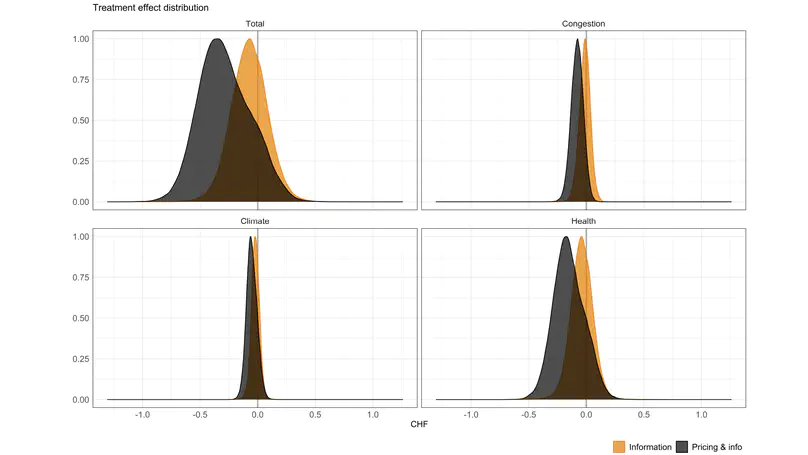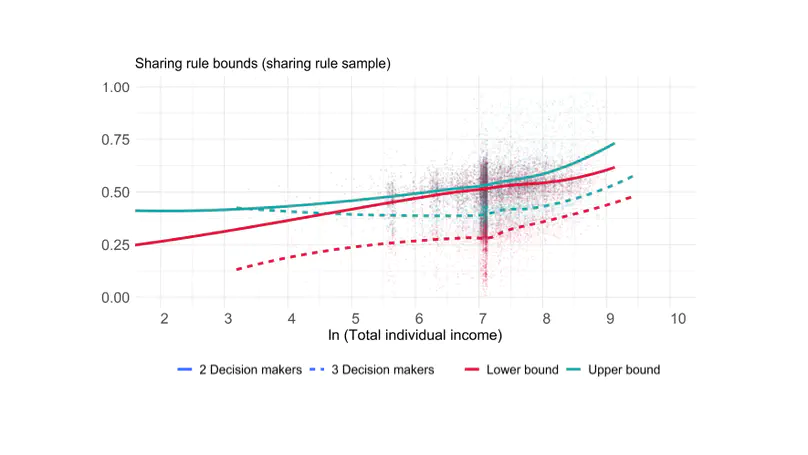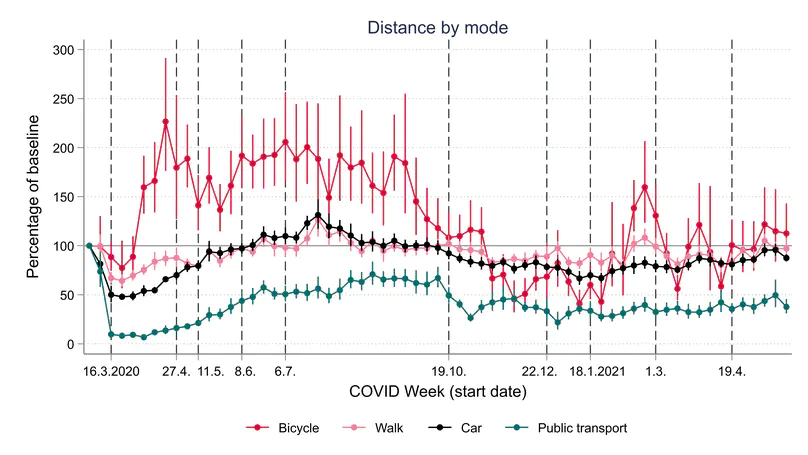I am an economist specialising in mobility, sustainability, and development economics. I use state of the art experimental, econometric, and machine learning techniques to uncover causal effects of interventions.
I will be joining the Sustainability Economics Group at the University of Hamburg in 2025 working on the MEEP Project.
Download my CV.
- Mobility
- Sustainability
- Public Health
- Development
-
PhD in Economics, 2021
University of Basel, Switzerland
-
MSc in Economics and Politics, 2014
University of Freiburg, Germany
-
BCom in Economics and Finance, 2011
University of Auckland, New Zealand
-
BA in German, 2011
University of Auckland, New Zealand
Working Papers

We implement Pigovian transport pricing in a field experiment in urban agglomerations of Switzerland over the course of 8 weeks. The pricing considers external costs from climate damages, health outcomes and congestion and varies across time, space and mode of transport. The treatment reduces the external costs of transport of the treated individuals by 4.5% in the short run. The main underlying mechanism is a shift away from driving towards other modes, such as public transport, walking and cycling. Providing information about external costs alone changes behavior of altruists, but not for the whole sample. We estimate the welfare improvements from such a policy to be around 140 US dollars per person and year, which is twice as large as the effects of a fuel tax that generates the same revenue.

This study analyses the impact of a large cash transfer on intra-household bargaining as proxied by the sharing rule. The methodology for deriving bounds on the sharing rule when individual consumption data is incomplete is extended from two to m decision makers. The large cash transfer in the form of the South African Older Persons Grant is a plausibly exogenous income shock and its impact on the sharing rule bounds is analysed within a fuzzy regression discontinuity design framework. The cash transfer significantly increases the sharing rule bound by 8.4% to 8.5% for the recipient and the corresponding income elasticity of the sharing rule is between 0.15 and 0.16.
Publications

We study the effect of the COVID-19 pandemic and the associated government measures on individual mobility choices in Switzerland. Our data is based on over 1,600 people for which we observe all trips during eight weeks before the pandemic and until May 2021. We find an overall reduction of travel distances by 60 percent, followed by a gradual recovery during the subsequent re-opening of the economy. Whereas driving distances have almost completely recovered, public transport remains under-used. The introduction of a requirement to wear a mask in public transport had no measurable impact on ridership. The individual travel response to the pandemic varies along socio-economic dimensions such as education and household size, with mobility tool ownership, and with personal values and lifestyles. We find no evidence for a significant substitution of leisure travel to compensate for the reduction in work-related travel.










